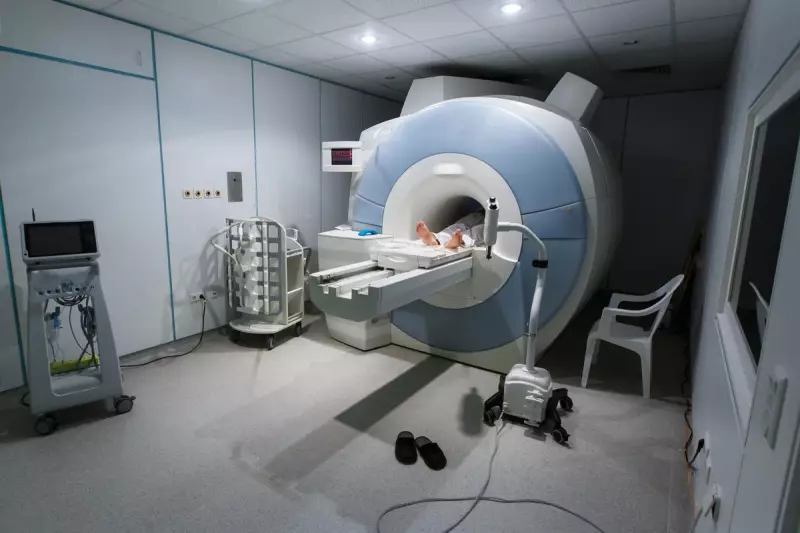
The National Health Service is on the brink of a diagnostic revolution that could dramatically reduce waiting times for millions of patients. New rapid MRI scanning technology, capable of completing full-body scans in just 10 minutes, promises to be a game-changer for the overstretched healthcare system.
The Speed Versus Accuracy Breakthrough
Traditional MRI scans typically require patients to remain perfectly still inside the machine for up to 40 minutes, often causing discomfort and anxiety. The new accelerated scanning technique, developed through cutting-edge research, maintains diagnostic quality while slashing procedure times by an astonishing 75%.
This technological leap comes at a critical moment for the NHS, where diagnostic backlogs have reached record levels. With over 7.5 million people currently waiting for hospital treatment in England alone, any innovation that can increase throughput without compromising care represents a significant breakthrough.
How the Rapid Scanning Technology Works
The accelerated MRI process utilises sophisticated algorithms and enhanced imaging software to capture the same level of detail in a fraction of the time. Unlike traditional methods that require multiple slow passes, the new technology captures comprehensive data in a single, efficient session.
Benefits for Patients and the NHS
- Reduced patient anxiety – shorter scan times mean less claustrophobia and discomfort
- Increased accessibility – more patients can be scanned daily
- Faster diagnosis – quicker results lead to speedier treatment decisions
- Cost efficiency – better resource utilisation for stretched NHS budgets
Tackling the Growing Diagnostic Backlog
NHS England data reveals the scale of the challenge facing diagnostic services. The waiting list for diagnostic tests has grown substantially in recent years, with MRI scans being among the most in-demand procedures. This innovation could not have come at a more crucial time for patients awaiting critical diagnoses.
Medical professionals are cautiously optimistic about the potential impact. While emphasising that thorough clinical validation is essential, many recognise the transformative potential of being able to scan four times as many patients with the same equipment and staffing levels.
The Road to Widespread Implementation
Before the rapid MRI technology becomes standard practice across NHS trusts, it must undergo rigorous testing and approval processes. However, early trial results have been promising, showing comparable accuracy to traditional scans while delivering unprecedented time savings.
The coming months will be crucial as the NHS evaluates how to integrate this breakthrough into existing diagnostic pathways. If successful, it could mark the beginning of a new era in medical imaging and patient care across the United Kingdom.





